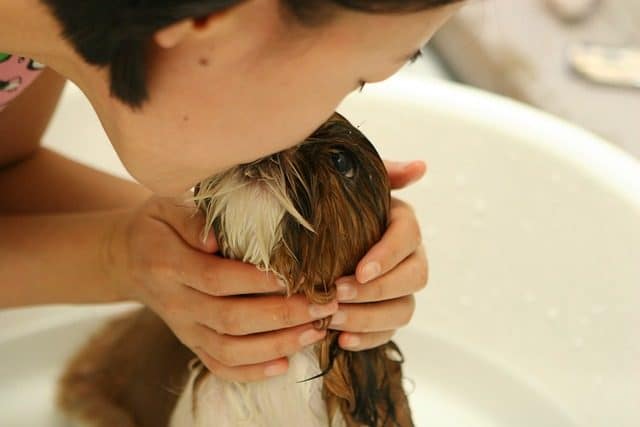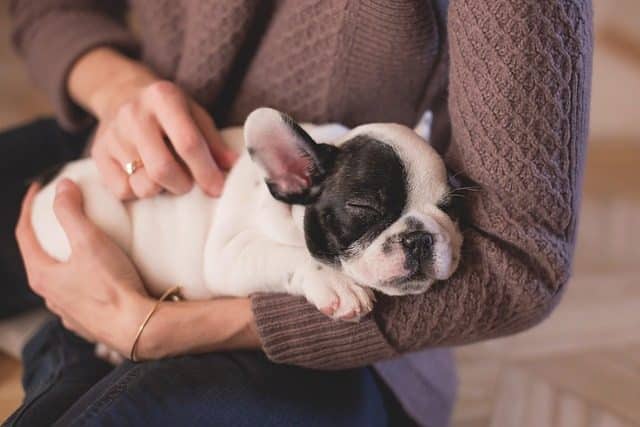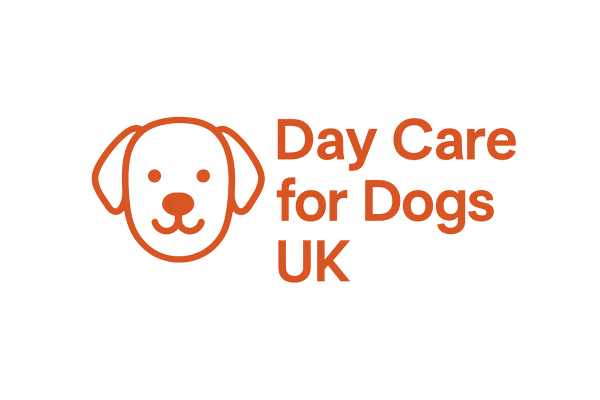Many dogs struggle with anxiety, particularly when faced with loud noises. This issue can severely affect their quality of life. In this article, we will discuss various aspects of dog day care for dogs who are scared of loud noises, providing insights into how to manage their anxiety effectively.
Calming an anxious dog
If you have a dog that experiences anxiety, particularly around loud sounds, it's crucial to implement calming techniques tailored to their needs. Dogs are inherently sensitive to their environment, and loud noises can trigger fear responses.
One effective method for calming an anxious dog is creating a safe space where they can retreat during stressful situations. This could be a quiet room with their favorite toys and blankets. Additionally, utilizing calming aids, such as pheromone diffusers or anxiety wraps, can significantly alleviate their stress.
Training is another essential aspect of managing anxiety. Techniques such as positive reinforcement can help your dog associate loud noises with calm behaviors. Regular exercise also plays a vital role in reducing anxiety, helping to burn excess energy that could contribute to their nervousness.
When is dog day care bad for your dog?
While dog day care for dogs scared of loud noises can offer socialization benefits, it may not be suitable for every dog. Anxious dogs, particularly those that are noise-sensitive or shy around other dogs, may find a busy daycare overwhelming.
- High-stress environments can exacerbate anxiety.
- Dogs that are uncomfortable in crowded spaces may feel trapped.
- It’s crucial to assess your dog's individual temperament before enrolling them.
Monitoring your dog's behavior is essential. If they display signs of distress, such as excessive barking or hiding, it may be time to reconsider daycare as an option. Every dog is unique, and their comfort level in social settings varies.

What are the signs that my dog is scared of loud noises?
Recognizing the signs of a dog’s fear of loud noises is vital for effective intervention. Common indicators include:
- Hiding or seeking refuge: Dogs may try to hide in small spaces or under furniture when they hear loud sounds.
- Shaking or trembling: Physical reactions often indicate fear and anxiety.
- Barking excessively: An increase in vocalization can be a sign of distress.
Other signs include panting, pacing, or even destructive behavior. Being vigilant and observing your dog's actions during noisy situations can help you understand their level of fear.
How can I help my dog who is scared of loud noises on walks?
Walks can become challenging for dogs afraid of loud noises. To help your pet, consider these strategies:
- Choose quieter routes, avoiding busy streets where loud noises are common.
- Use calming products before leaving the house.
- Practice desensitization by gradually exposing them to noises in controlled environments.
Additionally, maintaining a calm demeanor during walks is crucial. Your dog can sense your emotions, and projecting calmness can help alleviate their fear. If they react to a noise, distract them with treats or toys to redirect their focus.
What treatments are available for a dog scared of loud noises?
Several treatment options can benefit dogs with noise phobia. These include behavior modification techniques, such as desensitization and counter-conditioning, which can help your dog adjust to loud sounds over time.
In some cases, medication prescribed by a veterinarian may be necessary. These medications can help manage anxiety levels, especially during particularly stressful situations like thunderstorms or fireworks.

Additionally, employing natural remedies, like herbal supplements, can offer some dogs relief from their anxiety. Always consult a veterinarian before starting any new treatment regimen to ensure it's appropriate for your pet.
Why is my dog suddenly sensitive to noise?
Changes in your dog's sensitivity to noise can occur due to various factors. Aging is a common reason, as older dogs may experience heightened sensitivity. Additionally, changes in their environment or routine can also affect their anxiety levels.
Stressful experiences, such as traumatic events or health issues, may lead to increased noise sensitivity. It's essential to assess any recent changes in your dog's life that might contribute to their anxiety, providing a foundation for addressing their new behavior.
What are natural remedies for dog noise phobia?
Natural remedies can be a gentle way to assist dogs struggling with noise phobia. Some effective options include:
- Herbal supplements: Ingredients like chamomile or valerian root can have calming effects.
- Aromatherapy: Certain scents may help soothe anxious dogs.
- Music therapy: Playing soft music can create a calming atmosphere.
It's crucial to monitor how your dog responds to these remedies, as each dog is unique. Consulting a veterinarian knowledgeable about alternative therapies can provide additional insights.
How can dog day care benefit dogs with noise sensitivity?
Dog day care for dogs who are scared of loud noises can provide several benefits, particularly in terms of socialization and mental stimulation. A well-structured daycare environment offers opportunities for dogs to interact with others in a controlled setting.

Socialization helps them adapt to various stimuli and can reduce their overall anxiety. Engaging with other dogs may also allow them to observe how their peers react to sounds, potentially normalizing their fears.
However, it's essential to choose a daycare that understands the needs of anxious dogs. Facilities should offer a calm environment with staff trained to handle fearful behaviors. This will ensure that your dog feels safe and secure while at daycare.
Related questions about managing noise sensitivity in dogs
What to do when dogs are afraid of loud noises?
When dogs exhibit fear of loud noises, it's vital to remain calm and supportive. Create a safe space for them to retreat to, and utilize calming techniques, such as gentle petting or soothing words. Engaging in distraction methods, like playing with their favorite toys, can also help redirect their focus away from the noise.
Will doggy daycare help my anxious dog?
Doggy daycare can be beneficial for some anxious dogs, particularly if it provides a calm environment where they can socialize with other dogs at their own pace. However, you should monitor their behavior closely, as some dogs may feel overwhelmed in busy settings. Customizing their daycare experience to accommodate their fears is essential.
How to desensitize a dog to scary sounds?
Desensitization involves gradually exposing your dog to the sounds that scare them in a controlled manner. Start with softer versions of the noise and reward your dog for remaining calm. Gradually increase the volume over time, ensuring they associate the sounds with positive experiences, like treats or praise.
How do you treat noise sensitivity in dogs?
Treating noise sensitivity often involves a combination of behavior modification techniques, medication, and natural remedies. Consulting with a veterinarian or a professional dog trainer can provide you with tailored strategies to help your dog become more comfortable with loud noises.

For more insights on handling dog anxiety effectively, check out this informative video:



Leave a Reply